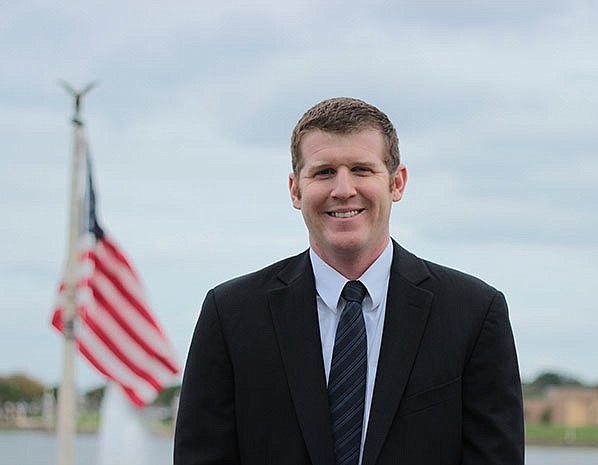
by Jon Cagan
Repeal of Florida’s no-fault system and personal injury protection (PIP) insurance will hurt patient care, increase insurance premiums for low-income drivers, decrease coverage for many and create additional litigation.
For some background, PIP is mandatory automobile insurance coverage that provides payment for medical expenses and lost wages to those injured in an auto accident. It often is called “no-fault” coverage because the insurance must pay claims up to $10,000 regardless of who is at fault in an accident.
Currently, there are bills in the Legislature aiming to repeal PIP and the no-fault system. Proponents of no-fault repeal have pointed to a study conducted for the Office of Insurance Regulation that suggested that repeal of the no-fault law could save $81 per vehicle every year, or roughly $6.75 per month.
However, the proposed savings are a mirage.
If you dig deeper into the study done by Pinnacle Actuarial Resources, the study forecasts an average increase of between $42.99 and $56.44 in health insurance premiums on a per-vehicle basis.
With all the changes and debate over health care laws in the past decade, the health insurance industry is at an unstable point where elections determine the direction of the whole sector. Repealing PIP in the current climate makes little sense and will only raise everyone’s health insurance premiums.
Additionally, many health insurance plans carry high deductibles and do not provide the same level of reimbursement to those injured. Experts project a 38.7 percent increase in bodily injury premiums if PIP is repealed.
Generally, medical providers, particularly hospitals, ambulatory services, radiologists and chiropractors are staunch supporters of PIP and opponents of its repeal. This is because PIP insurance pays 80 percent of medical bills, typically within 30 days of receipt of the bill.
This is good for the medical professionals, and it also is good for Floridians. Medical bills incurred from a car accident are ultimately the responsibility of the injured person. Most people injured in an accident cannot afford to pay medical bills out of pocket, so the fact that their PIP insurance covers much of the cost is an enormous relief.
If PIP were repealed, many medical professionals would be in a dilemma over whether to provide treatment to those who cannot afford to pay their medical costs up front. It is likely that this will limit the choice of doctor for many, particularly our poorest residents.
Proponents of no-fault repeal and mandatory bodily injury coverage tout a shift of personal responsibility to the at-fault driver as the solution. Although I completely agree with the sentiment, the legislative proposals do not accomplish that goal.
Instead, holding the at-fault party responsible will mean more drawn-out litigation for an already overburdened judicial system and more injured Floridians without any recourse to timely pay for medical costs.
Although this may be good for some attorneys, a full repeal of PIP will be bad for consumers. Insurance companies are for-profit businesses designed to pay those who are injured the least amount possible. The vast majority of injured people will be forced to fight for what they are rightfully owed, even those with minor injuries.
According to the Insurance Information Institute, Florida has the highest uninsured motorist percentage in the United States at 26.7 percent. Under the current system, a person hit by an uninsured driver gets swift and virtually automatic payment of up to $10,000 for costs.
Additionally, Florida has more than 100,000 tourists visit the state each year. Many use our highways but do not carry the necessary vehicle insurance coverage. As Floridians know well, some tourists are not the best drivers. Mandatory uninsured motorists coverage, as opposed to bodily injury, could help solve this problem. Otherwise, those who are injured by an uninsured driver will have virtually no recourse.
Furthermore, PIP repeal will raise premiums for those least able to afford it. Currently, 90 percent of Floridians carry some level of bodily injury coverage and 66 percent already carry the new proposed minimums. PIP repeal will not increase coverage for the majority of Floridians.
Drivers who currently carry no bodily injury coverage are typically lower- income Floridians that cannot afford the coverage, and they are projected to see a premium increase. Premium increases on our least fortunate could cause the number of uninsured motorists to rise even higher.
Our system needs to be fixed, but the current legislative proposals do not hit the mark. Minimal savings for inferior coverage is a bad deal for all Floridians.
Jon Cagan is managing attorney of the Cagan & Cagan Law Firm.